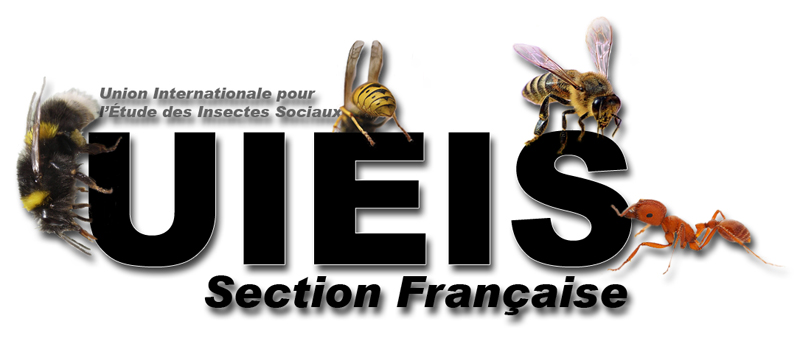Vote for the genome sequencing of the yellow-legged asian hornet (Vespa velutina)

Please vote for the genome sequencing of the yellow-legged Asian Hornet, Vespa velutina, We have proposed this as a species in the Wellcome Trust/Sanger Centre’s I’m a Scientist, Get Me Out of Here 25 genomes project. The 25 genomes competition is being run to celebrate the 25th anniversary of the Wellcome Trust Sanger Institute. Twenty species have already been selected. Members of the public, […]






